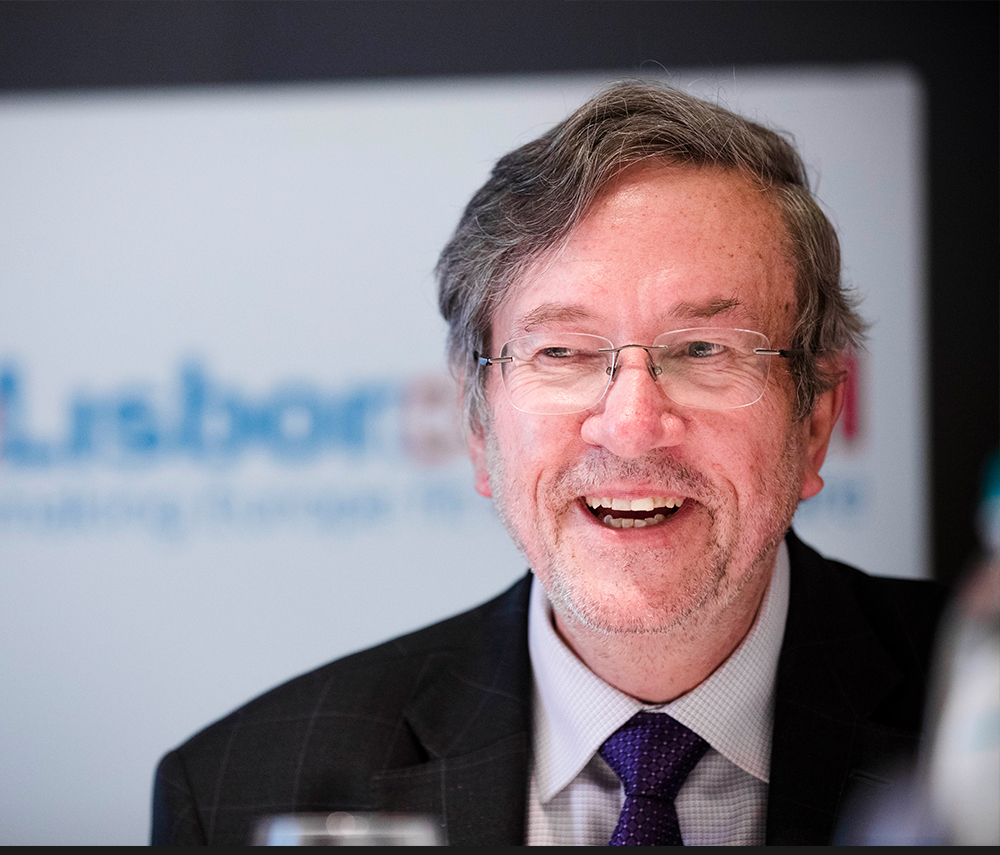May 2022
The Road to Saclay

As top delegations from the U.S. and EU prepare to sit down for the second round of high-level negotiations, the Lisbon Council convened the High-Level Working Lunch on Transatlantic Relations and the U.S.-EU Trade and Technology Council. Prof Daniel S. Hamilton, senior fellow of the Johns Hopkins University SAIS Foreign Policy Institute and author of “Getting to Yes: Making the U.S.-EU Trade and Technology Council Effective,” a Transatlantic Leadership Network policy brief, led a wide-ranging discussion on the state of the transatlantic relationship and the challenge of delivering concrete achievements through the new trade talks. Paul Hofheinz, president of the Lisbon Council, chaired the session and shared the recent conclusions of The Great Reset: Why the Future of Democracy Rests on Robust Transatlantic Cooperation, a new policy brief. The discussions will feed directly into the U.S.-EU Trade and Technology Council meeting due to convene in Saclay, France on 15-16 May.
Read Getting to Yes: Making the U.S.-EU Trade and Technology Council Effective
Read The Great Reset: Why the Future of Democracy Rests on Robust Transatlantic Cooperation